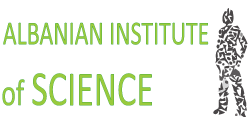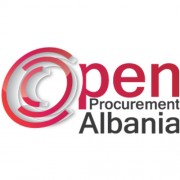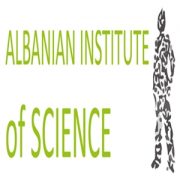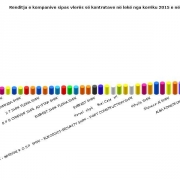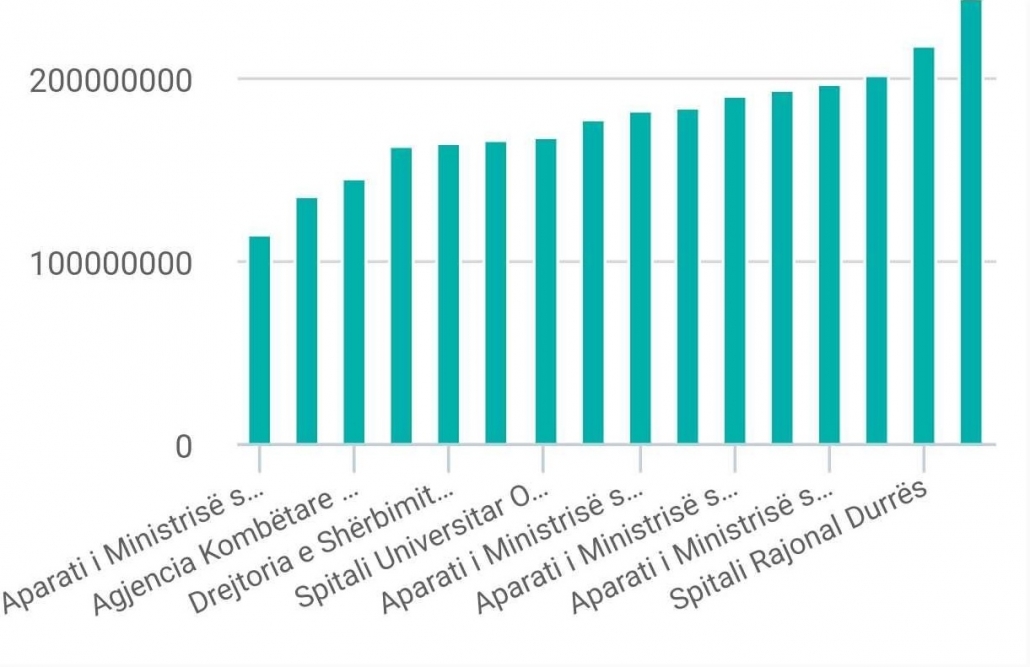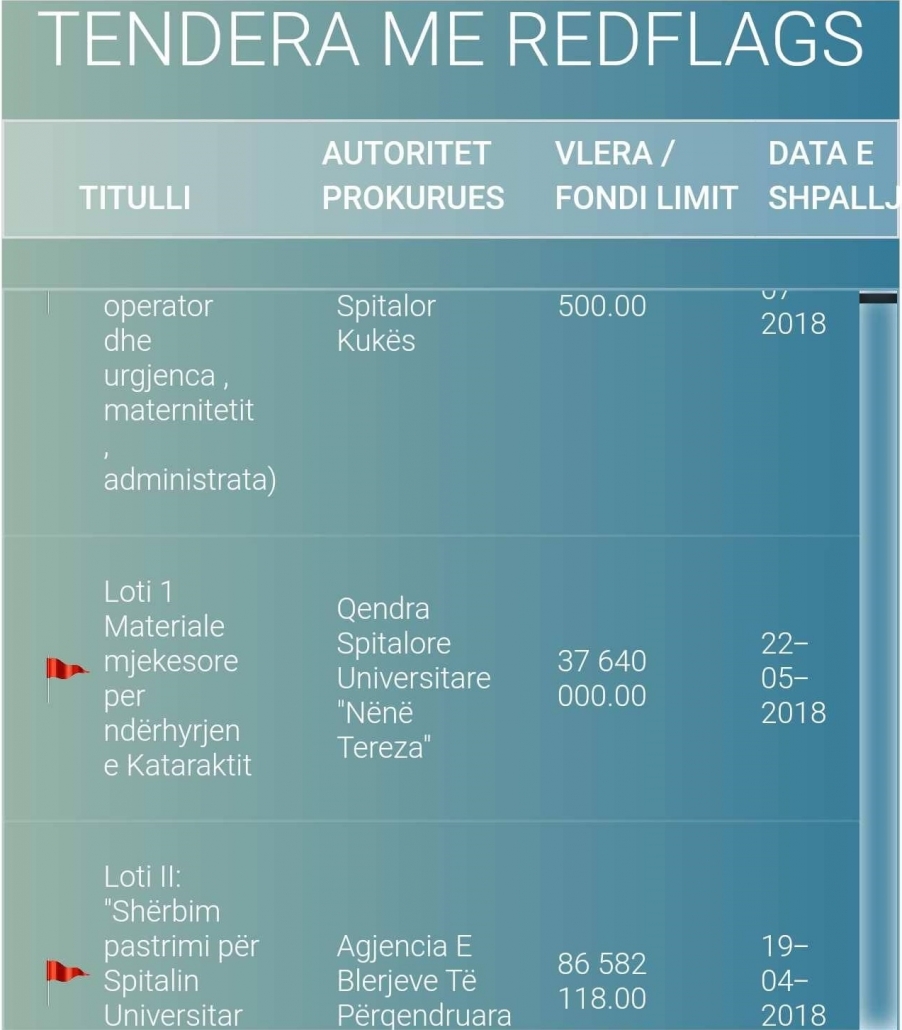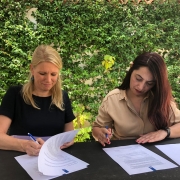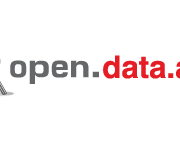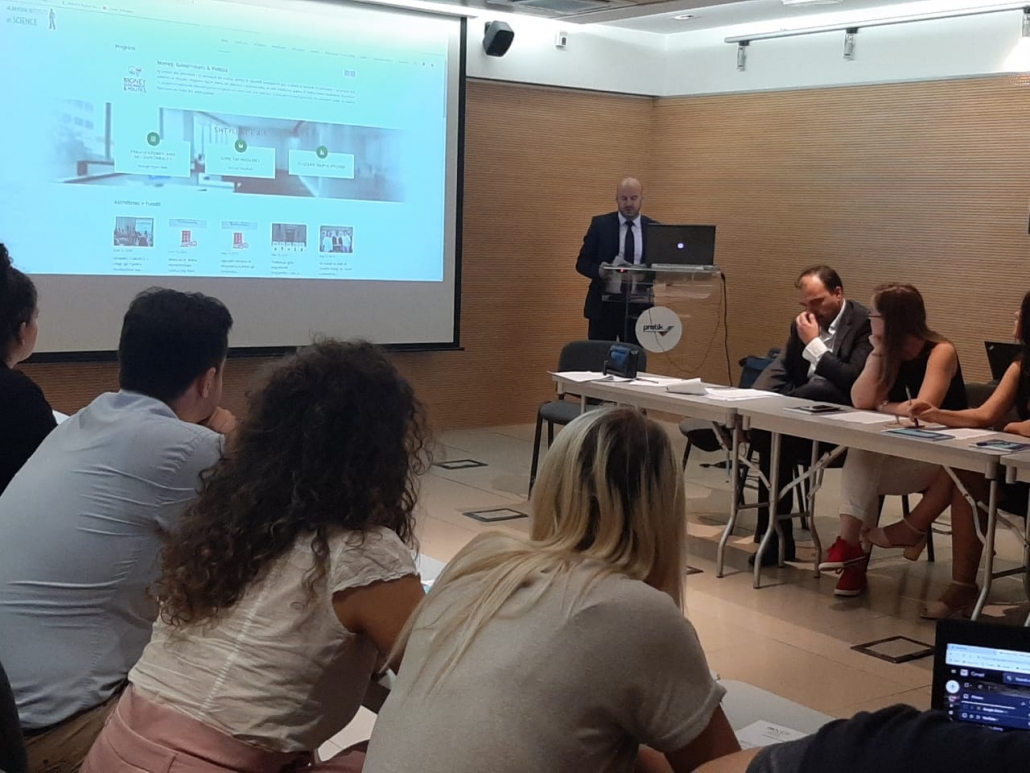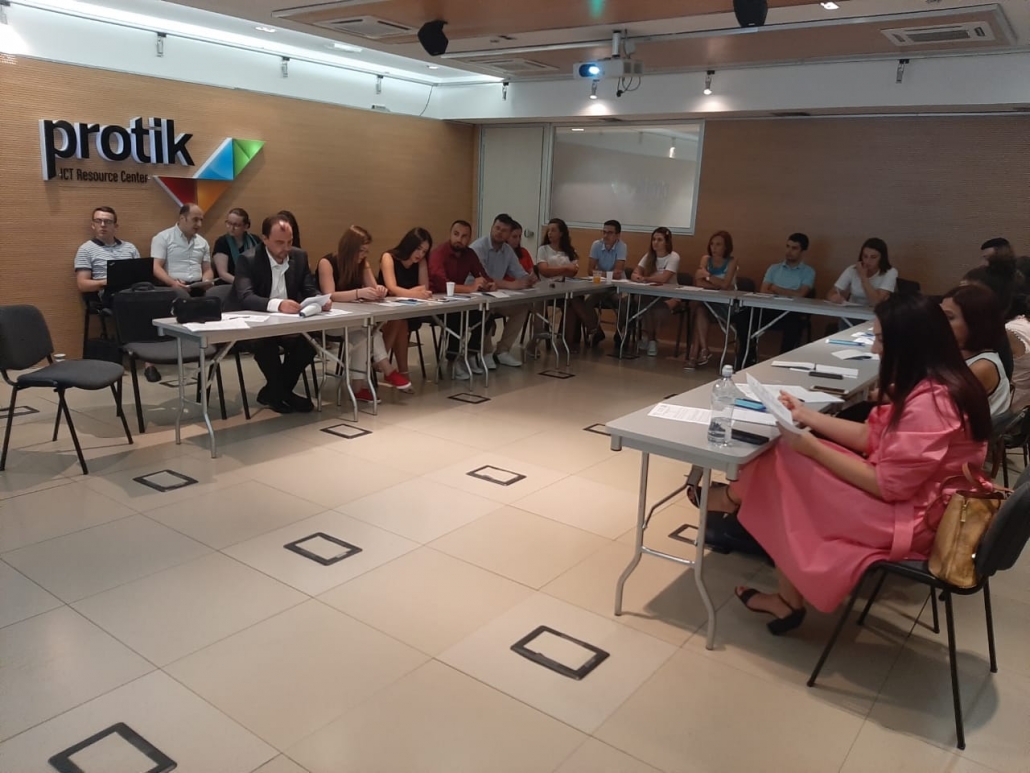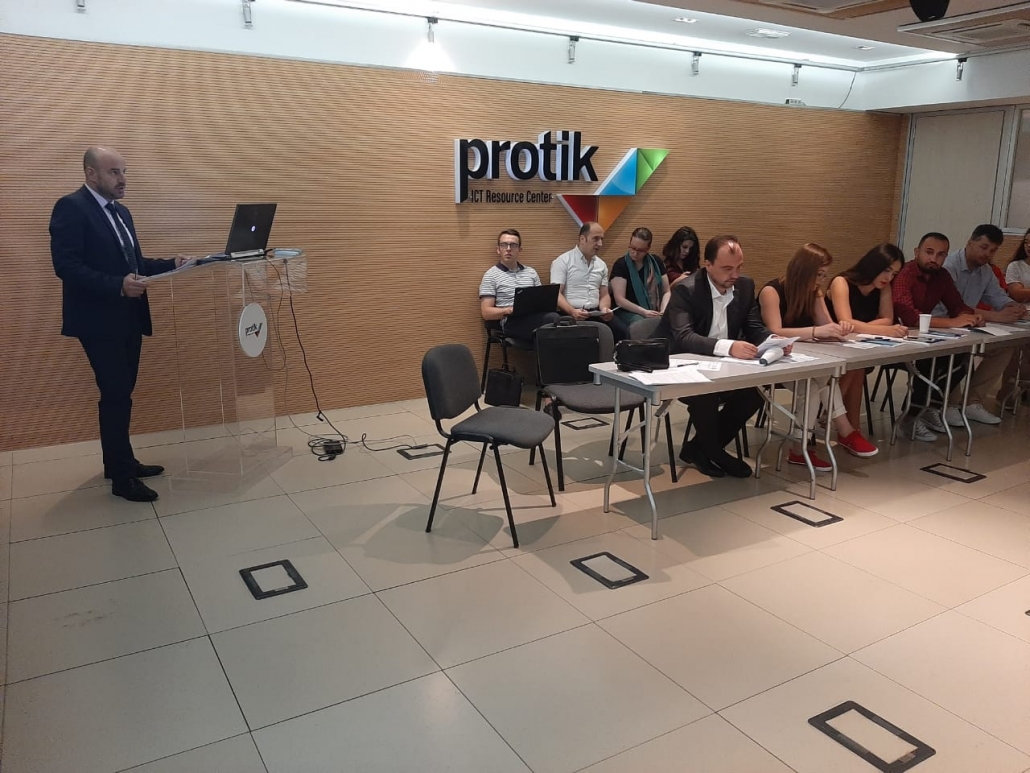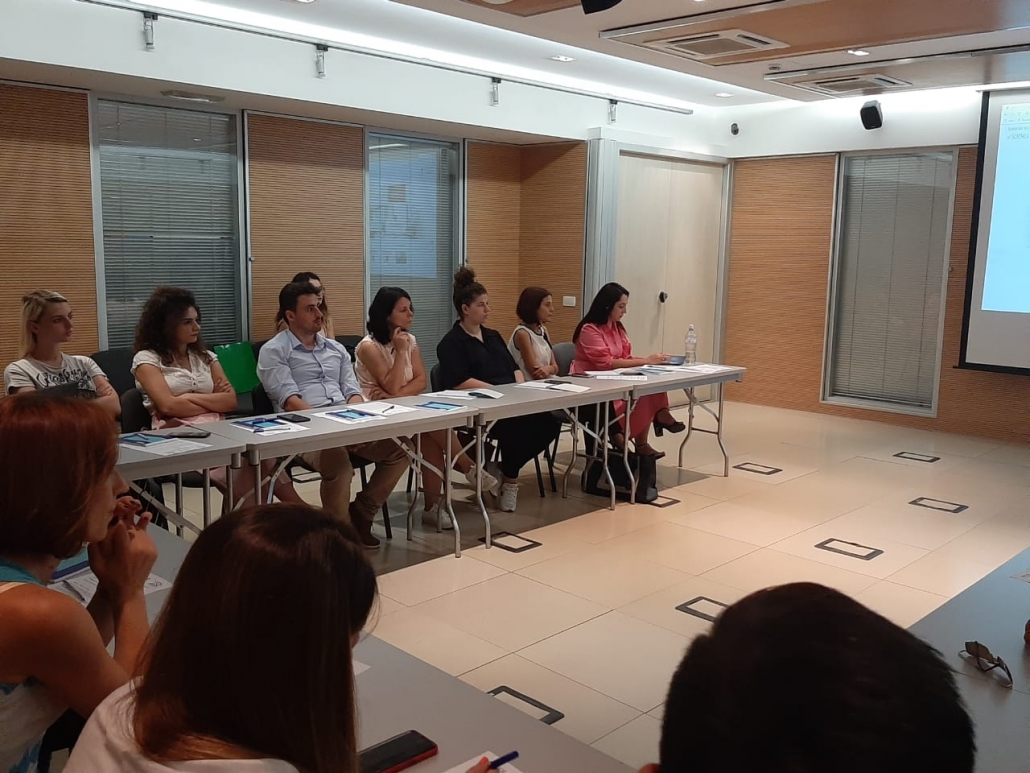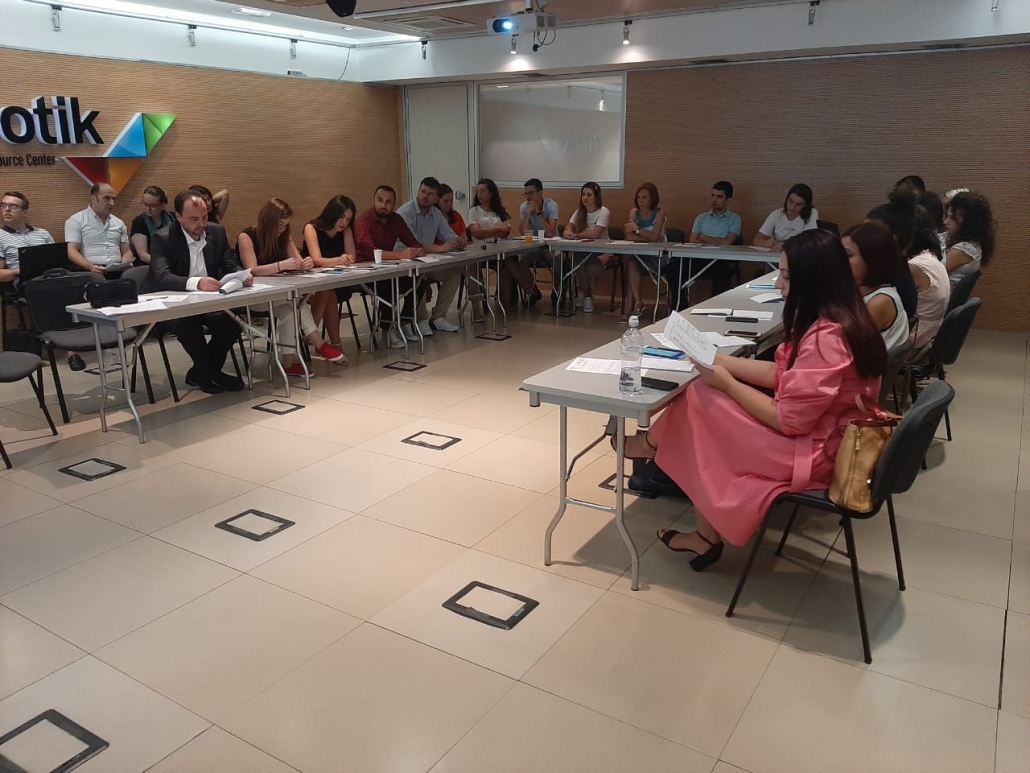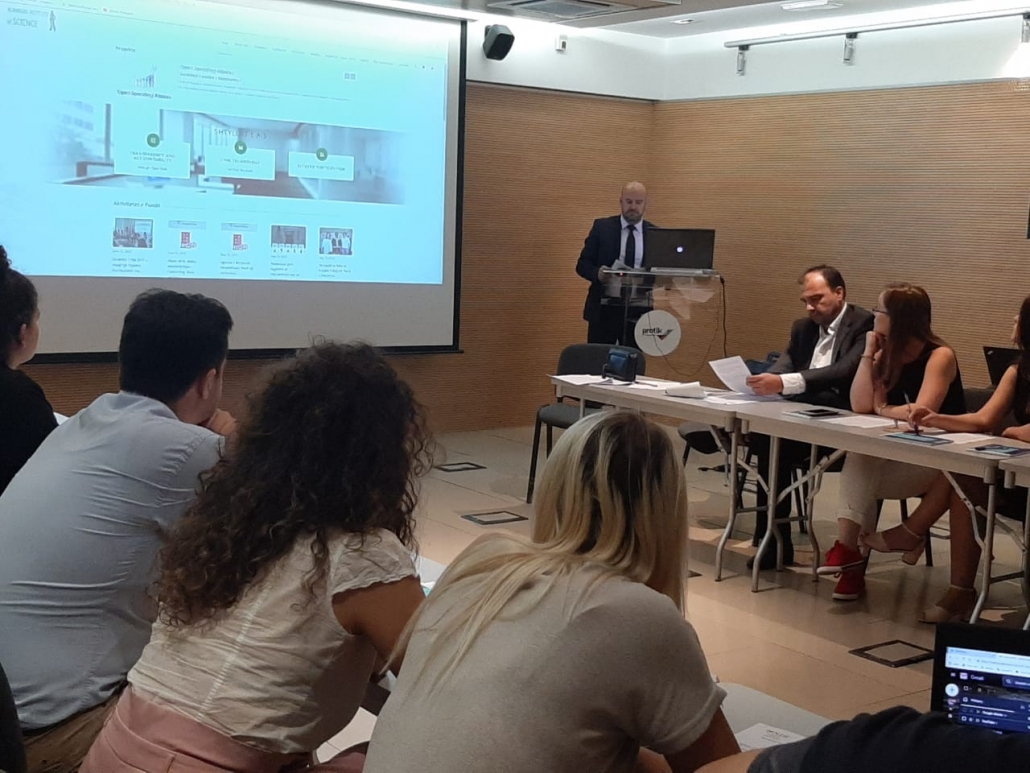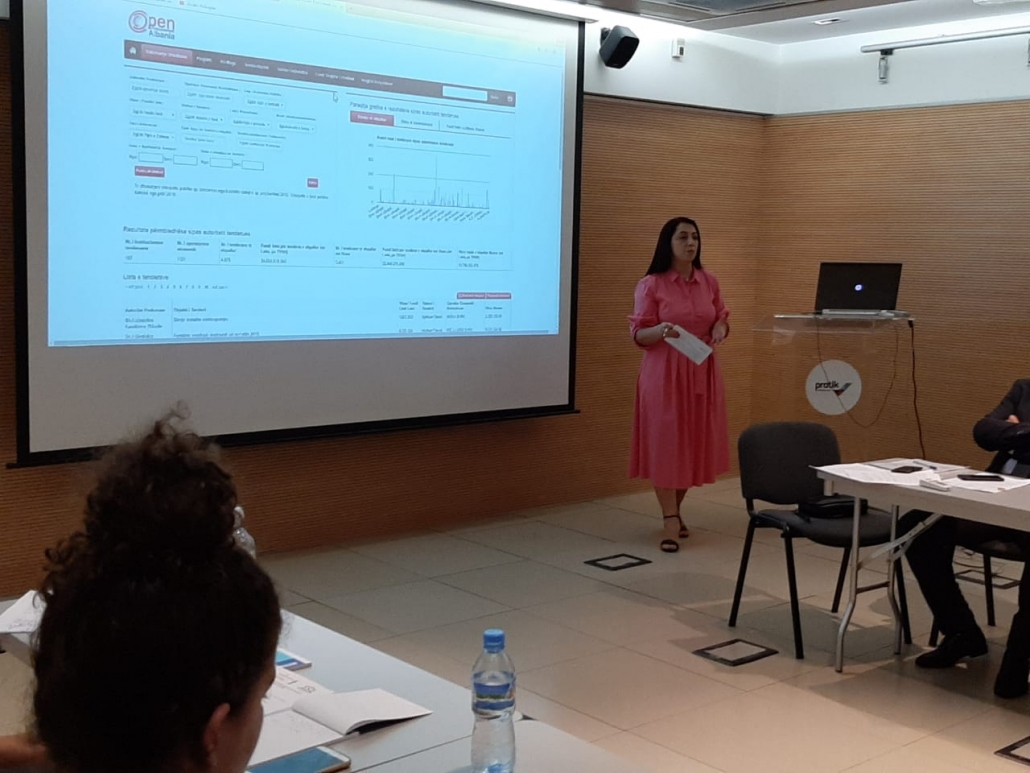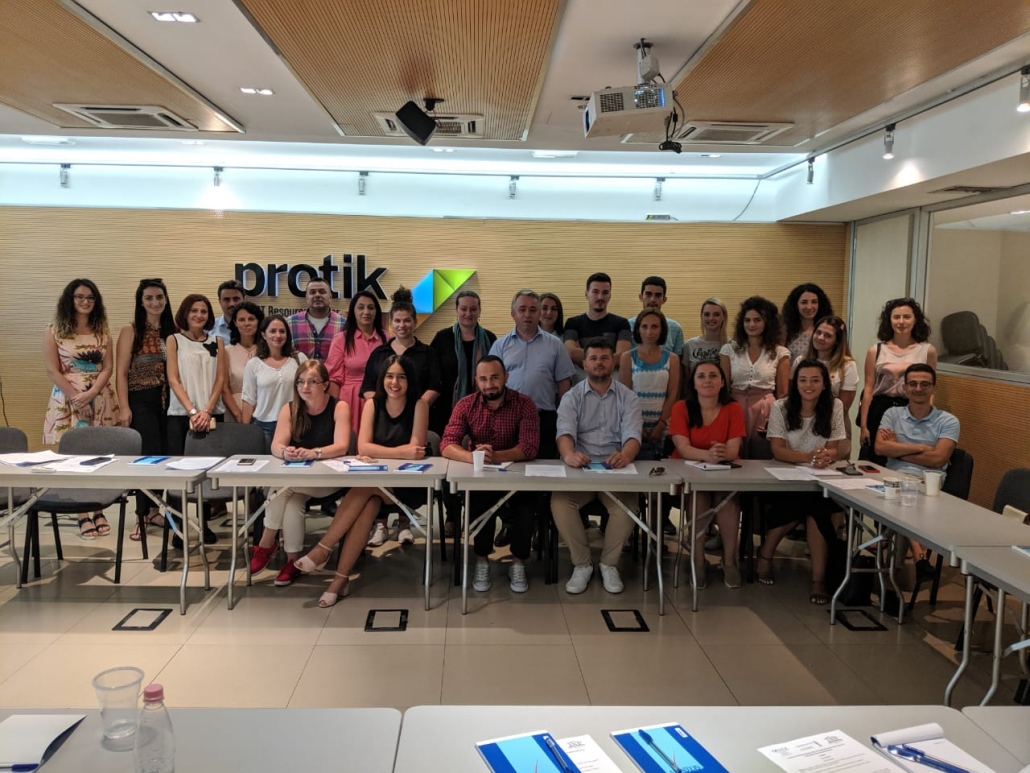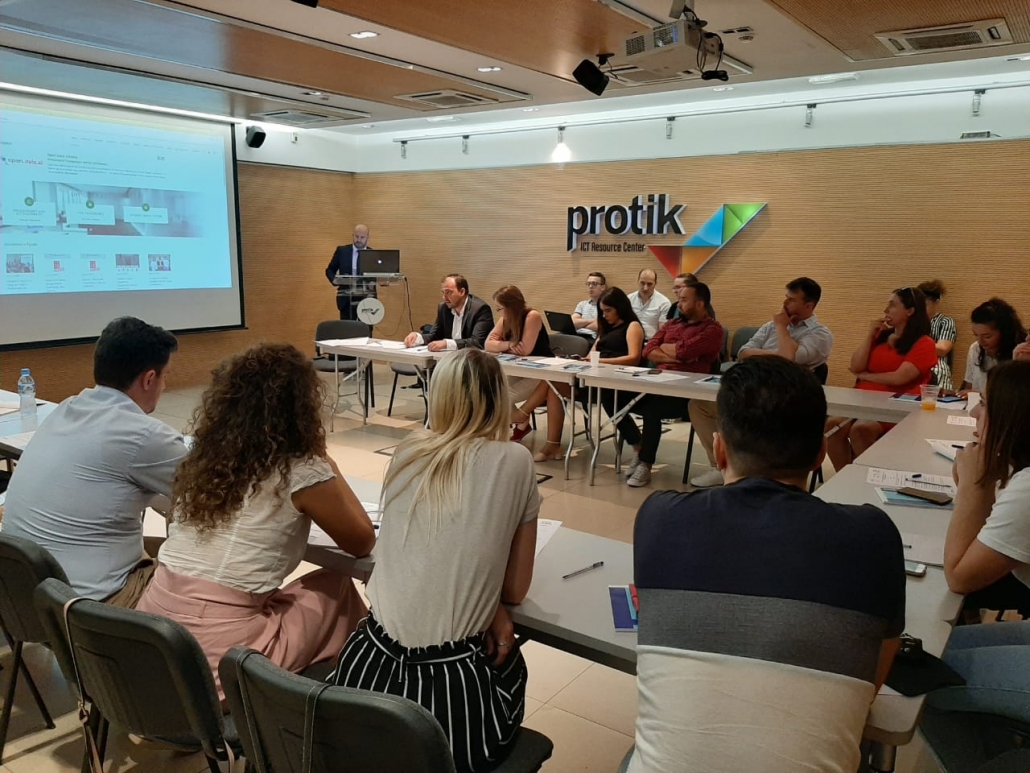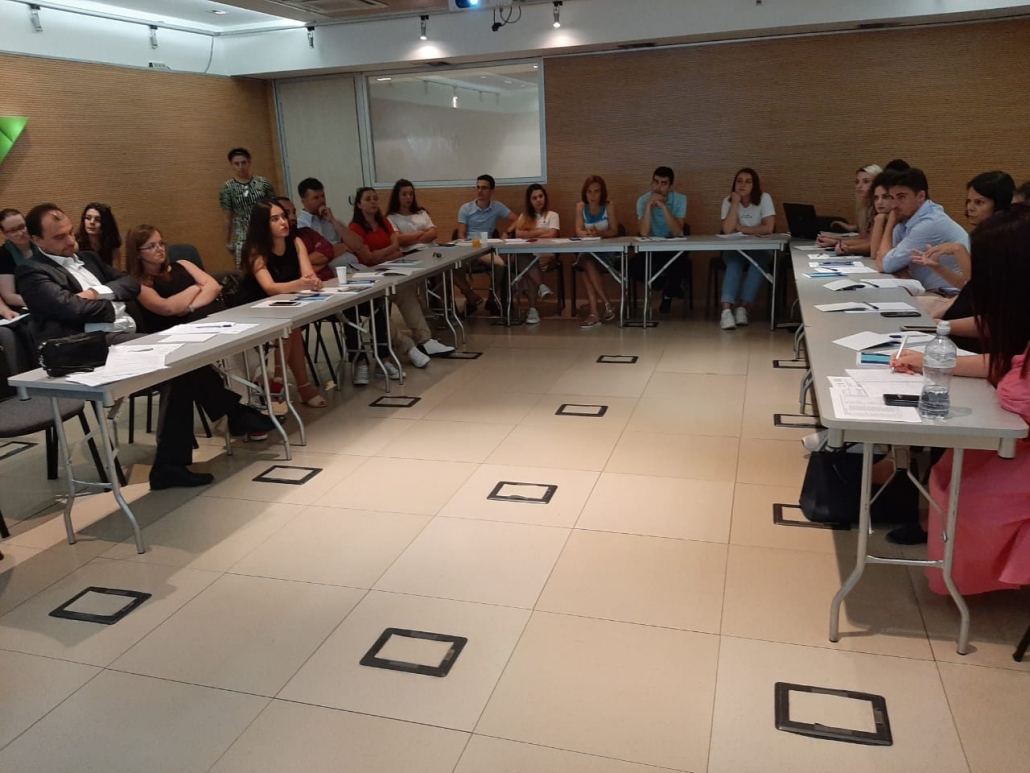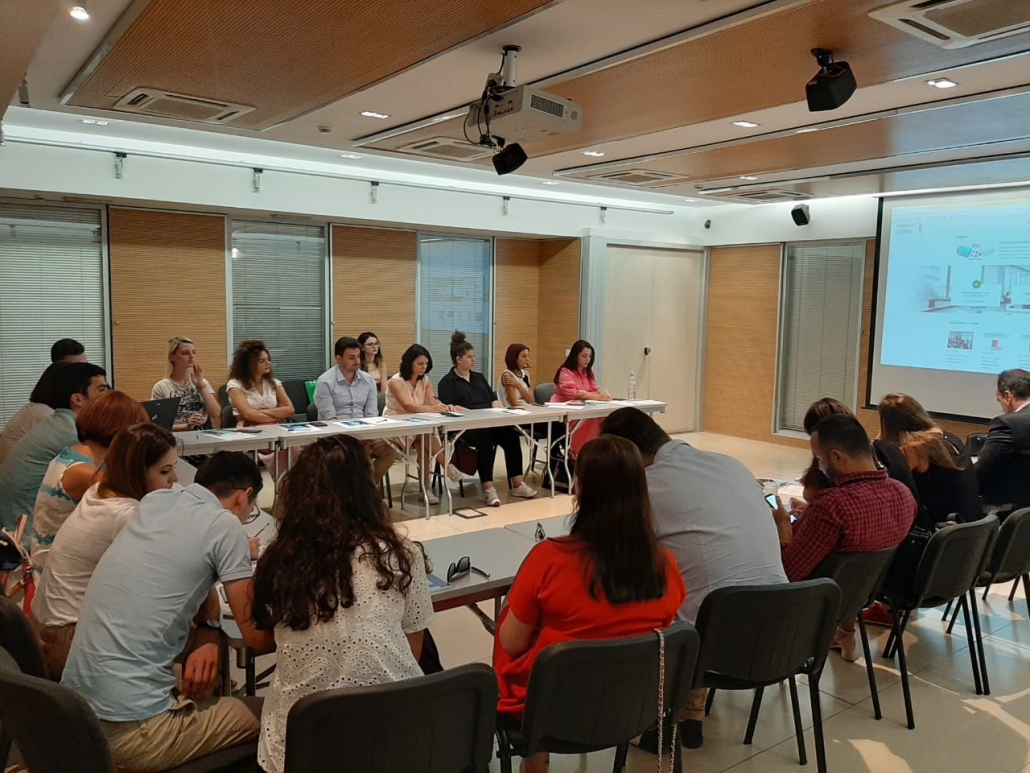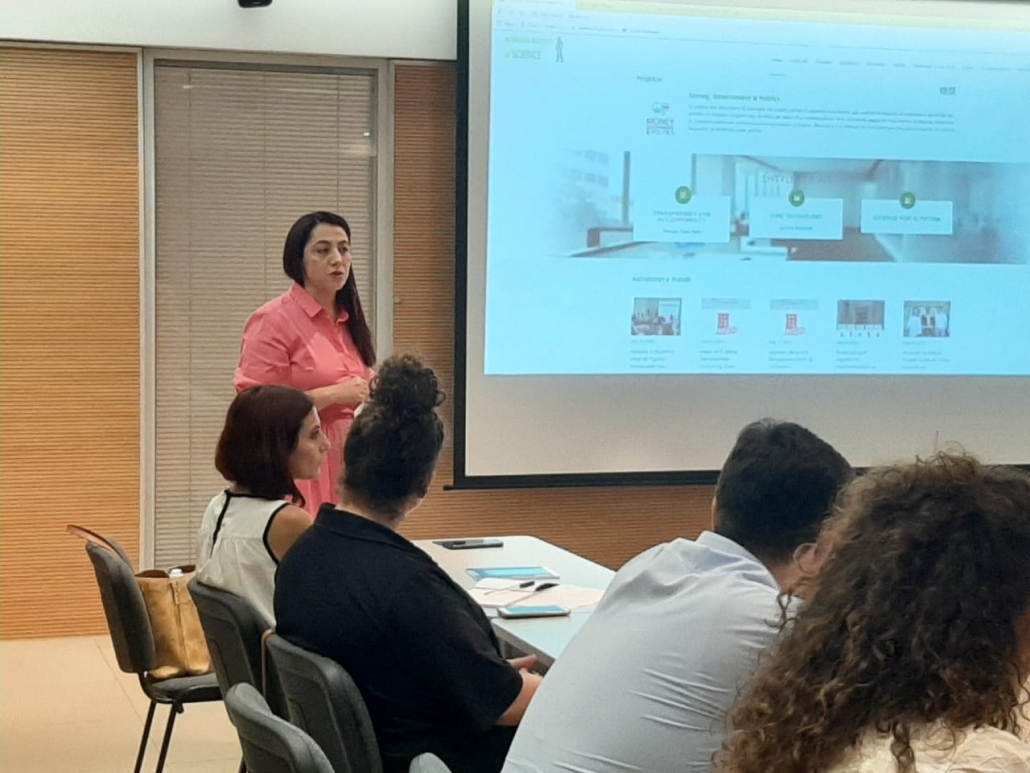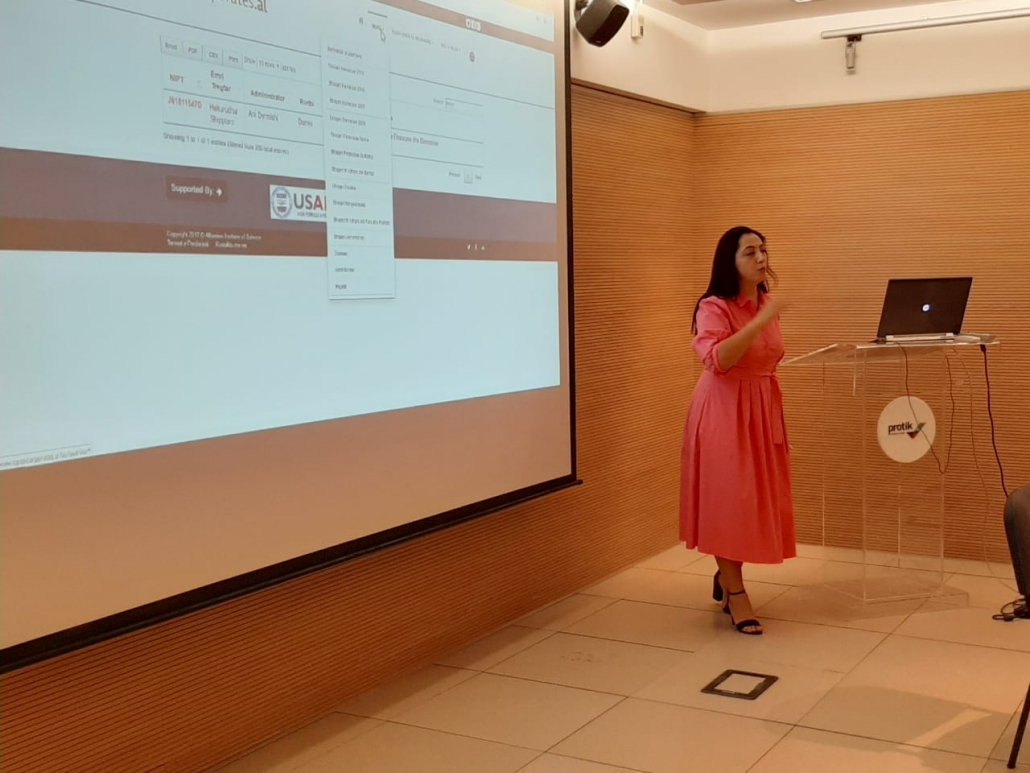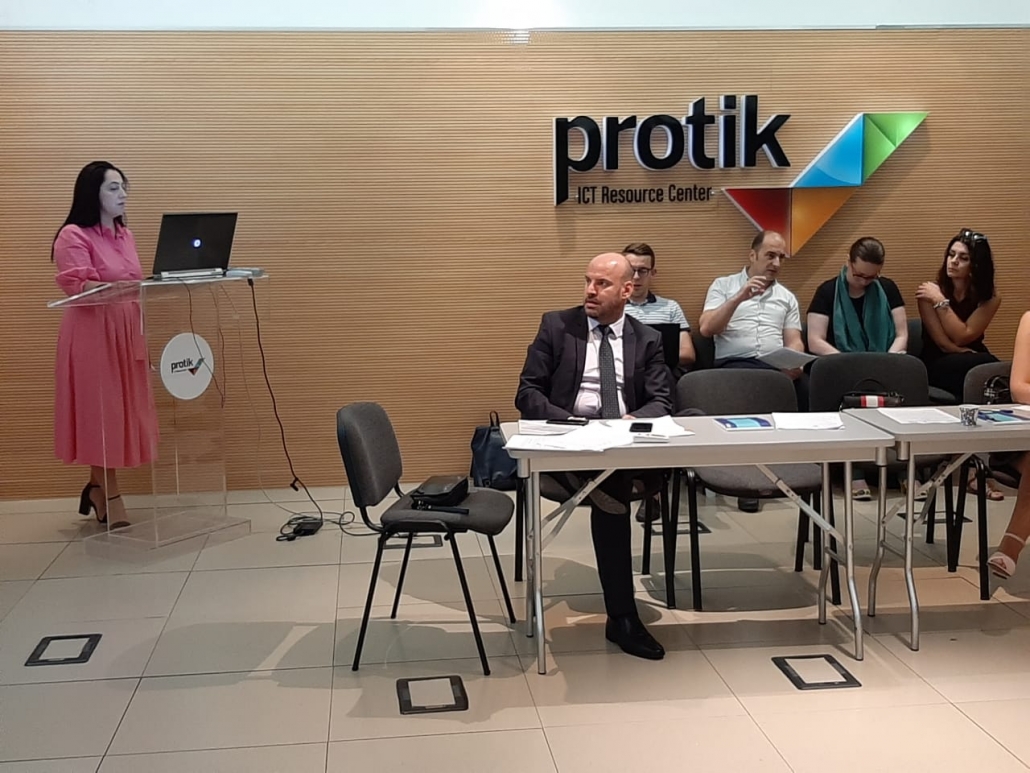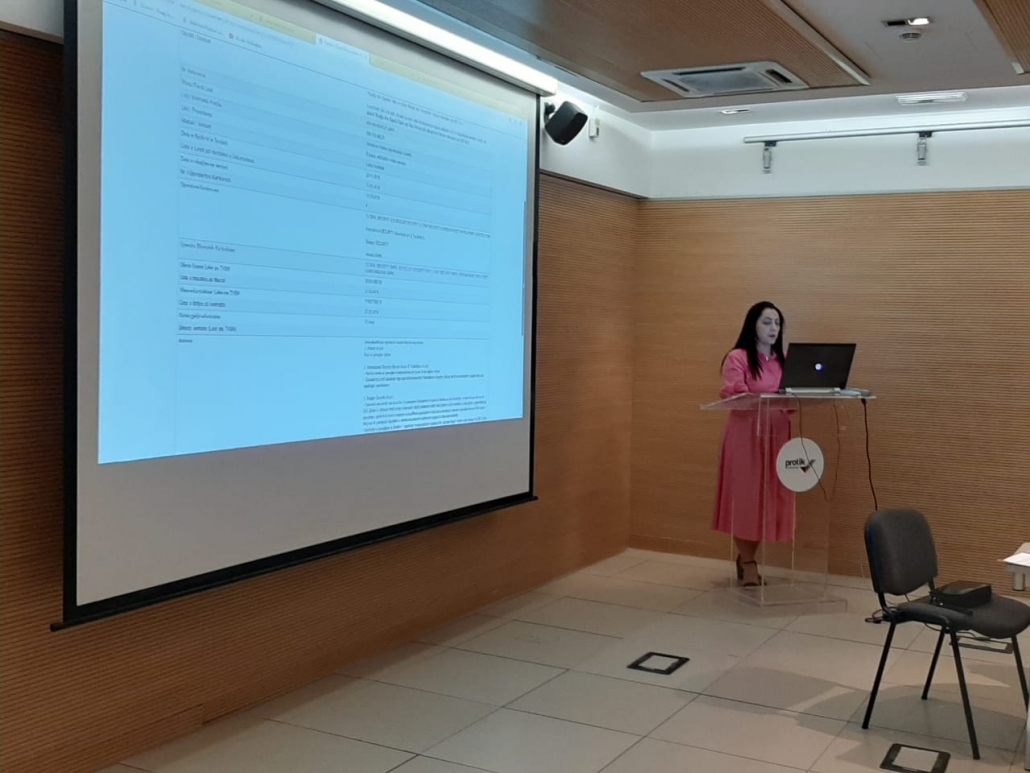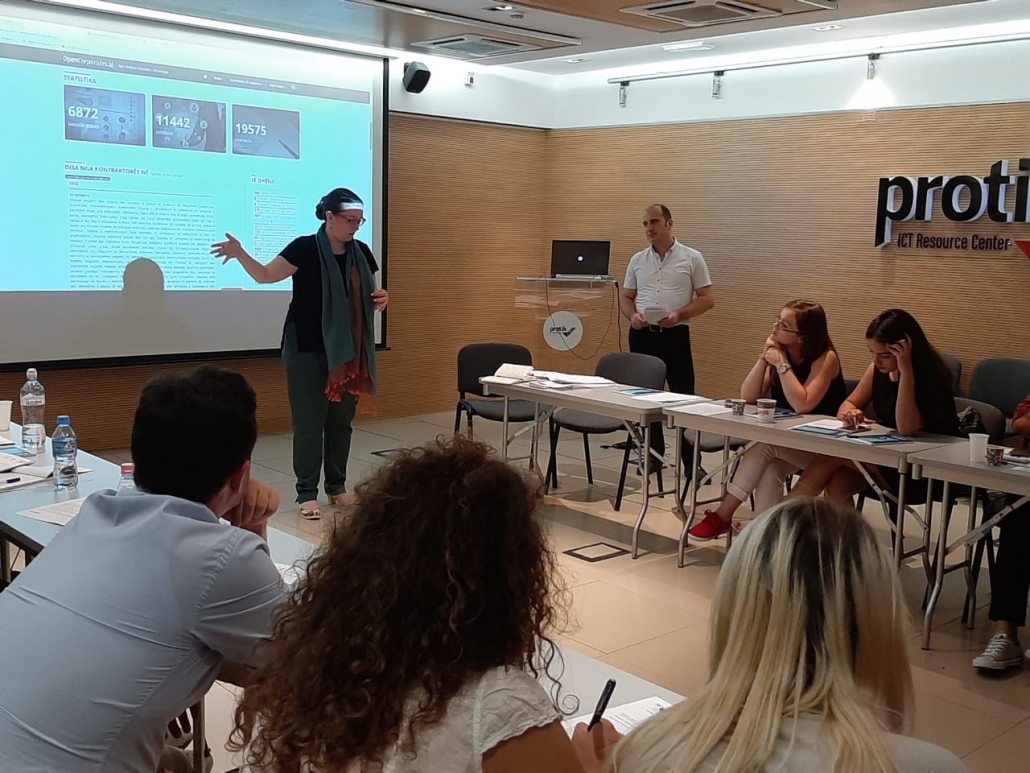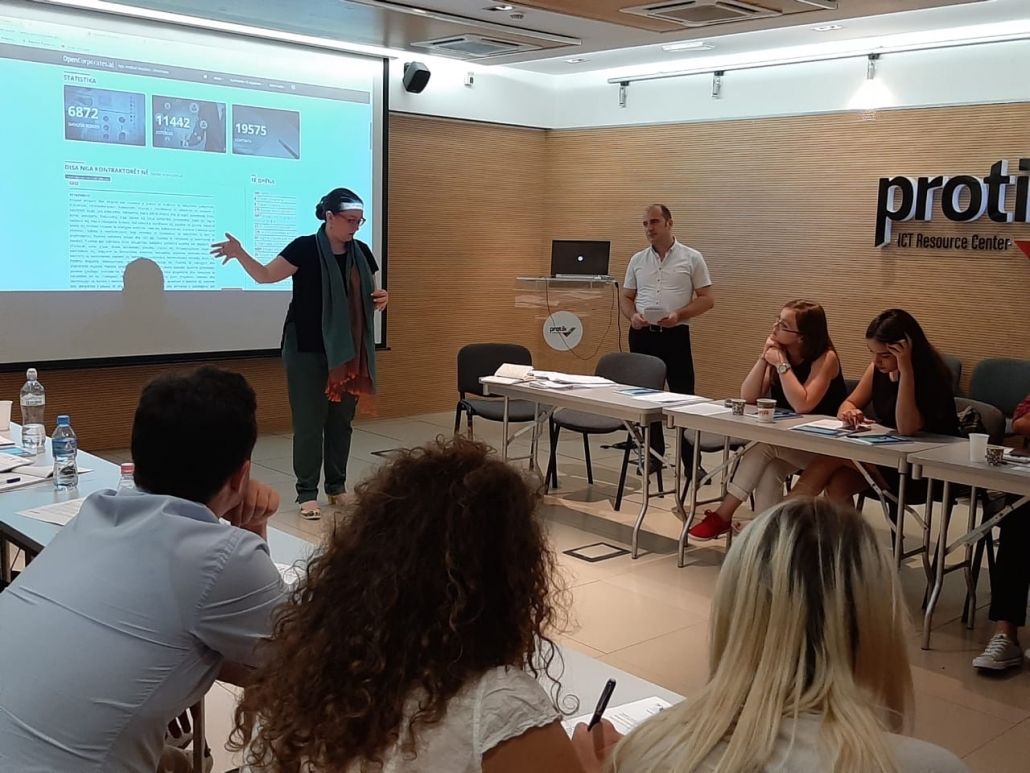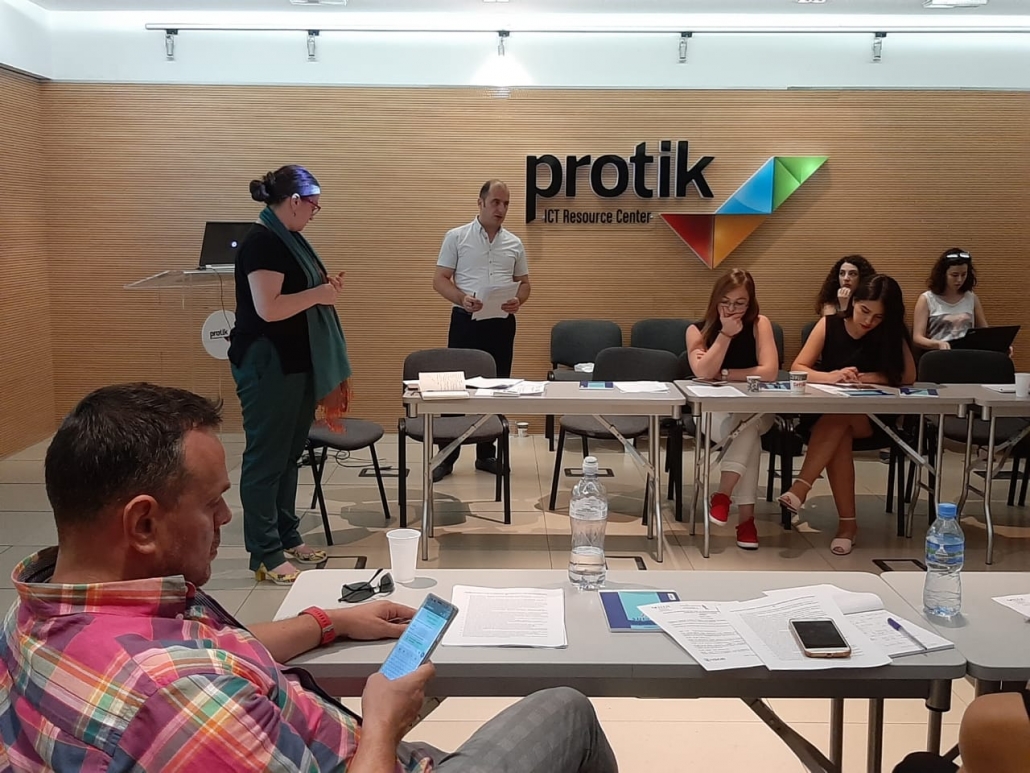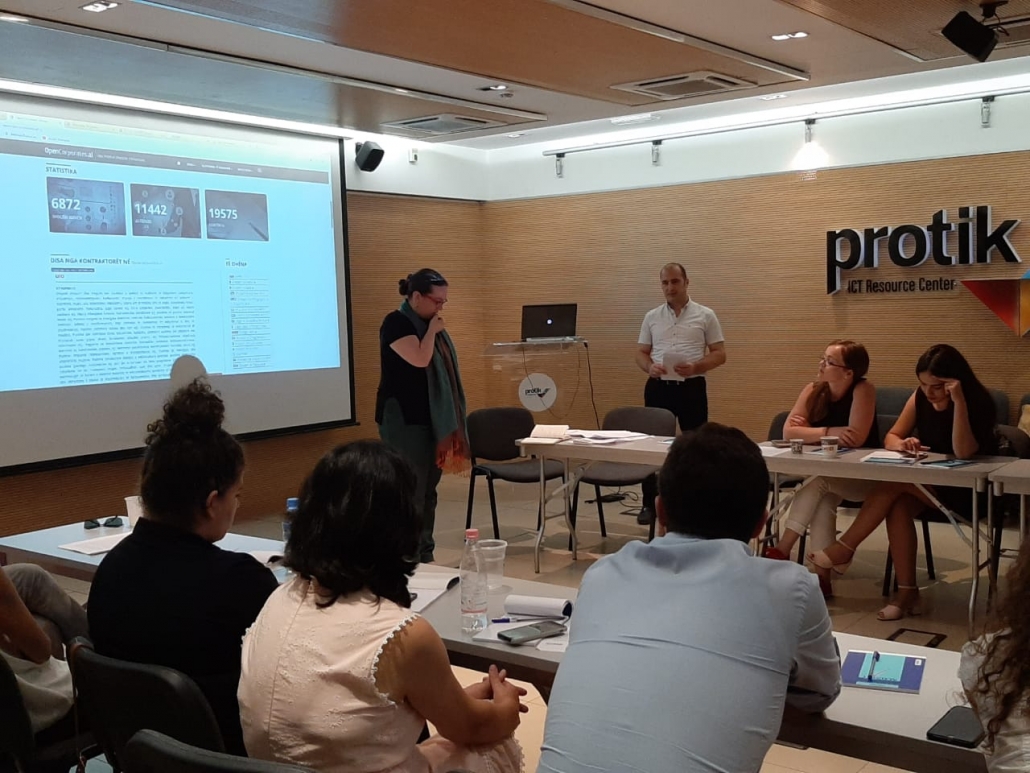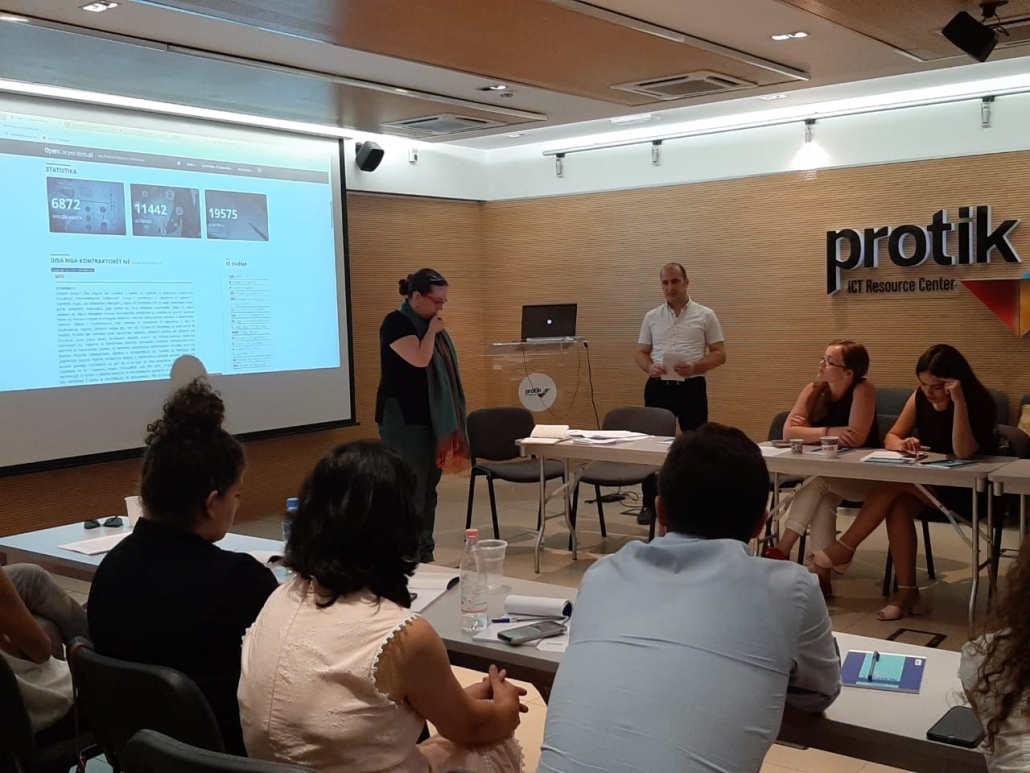The company “Fusha shpk” is awarded a contract for Segment II of Vlora Pedestrian Boulevared, i.e. the segment down to the Tunnel
The company “Fusha shpk” is also awarded another contract for the remaining segment of Vlora Pedestrian Boulevard. The winner is announced last week, while the competition by the Albanian Development Fund was announced in August 2019. The value of the winning bid is 385 173 305 leks. 6 Albanian companies participated in the tender, and the procedure is marked by the Transparent Procurement Sustem by a red flag, finding 3 bidders of lower bids were disqualified. Check out its passport http://openprocurement.al/sq/albaniandf/view/id/241
Fusha shpk has also won other tenders for reconstruction of bouleevards and pedetsrian sites announced by the Albanian Development Fund:
- Remaining part of Vlora Pedestrian Street
- Naim Frasheri Pedestrian Street Saranda
- Vlora Boulevard reconstruction
- Construction of Mac Albania Pedestrian Street in Golem Kavaje
- Rehabilitation of green road sides and exit/entry points to inhabited centres on Levan-Kakavija segment
- The construction of Saranda Pedestrian Street.
The passport of this company is updated on Open Corporation Albania http://www.opencorporates.al/sq/nipt/j61922018s
The list of contracts list signed with the Albanian Development Fund is published under Open Procurement Albania http://openprocurement.al/sq/albaniandf/list/corporate_id/J61922018S
